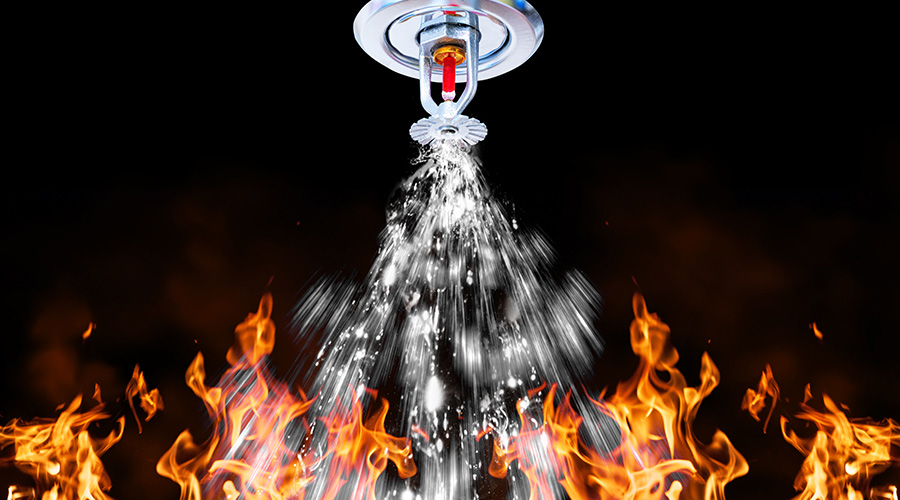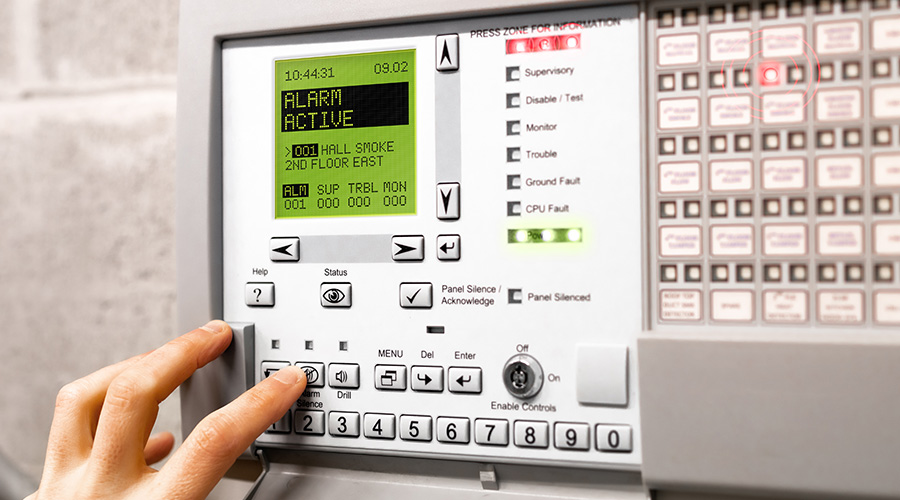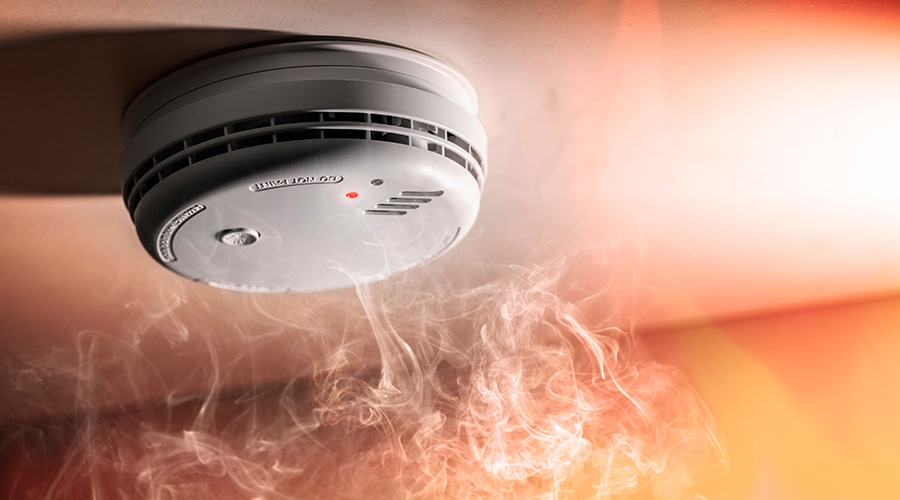Why Fire Safety Systems Need to Stay on Code
NFPA standards emphasize maintenance for fire sprinklers and alarm systems – but sometimes the systems are overlooked.
By Dave Lubach, Executive Editor
For a system that’s sole purpose to protect building occupants, fire safety systems – alarms and sprinklers most notably – don’t always receive the attention from maintenance and engineering managers that they deserve.
Even Mark DeMarco, the senior manager of technical services at Disney World in Orlando and a long career in fire safety, admits they are often overlooked.
“Fire alarm systems are treated no differently than the spare tire in the trunk of your car,” says DeMarco. “We make all these modifications to our cars, put on some tires, but do we ever check the spare tires? Do we buy four or five tires? If we’re driving in the middle of Texas, we want to make sure the spare tire works.”
DeMarco was a co-presenter at a National Fire Protection Association (NFPA) conference education session about the importance of maintaining fire systems in facilities and the tendency of some facility managers to overlook fire systems.
Maintenance is an important aspect of the NFPA codes and standards that are in place to help protect people and facilities from fires and electrical hazards. Nearly 150 references to maintenance are included in the codes, which prove its emphasis and importance. But as the presenters noted, maintenance emphasis begins during the planning and construction stages.
“Conceptually, before breaking ground, we need to figure out all of the stakeholders and get their input to figure out the building use, and if there is going to be any growth and expansion, we can already plan for that during the conceptual phase,” DeMarco says.
While preparing a maintenance plan, it is important to keep diligent records. As personnel changes and technologies improve, and other more urgent, immediate issues are addressed, it’s important to document fire system updates.
DeMarco suggests that managers standardize their maintenance plans for fire systems so that every employee who works with the systems is on the same page in terms of schedules and inspections and other issues related to the systems.
“Every manager should develop best practices in every organization,” he says. “The data without (best practices) is going to be skewed.”
Dave Lubach is executive editor for the facilities market.
Related Topics:












